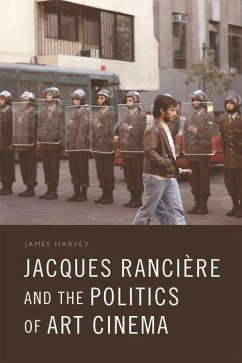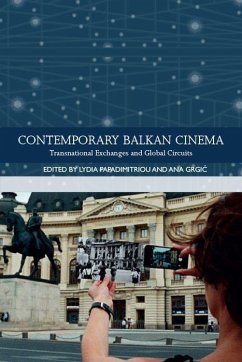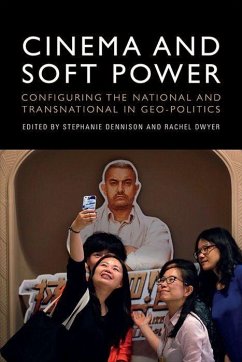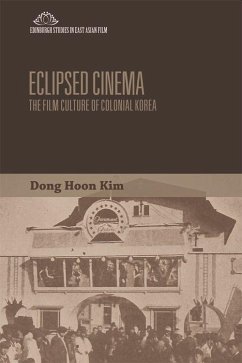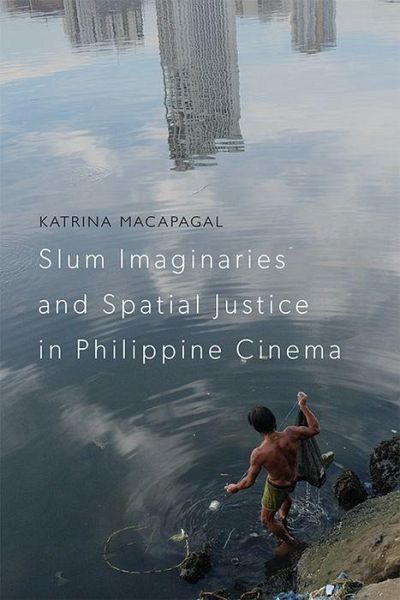
Slum Imaginaries and Spatial Justice in Philippine Cinema
Versandkostenfrei!
Versandfertig in über 4 Wochen
128,99 €
inkl. MwSt.
Weitere Ausgaben:

PAYBACK Punkte
64 °P sammeln!
Outlining the rise of Philippine slums alongside the historical development of Philippine urban cinema, Slum Imaginaries and Spatial Justice in Philippine Cinema makes a novel contribution to the cinema-city nexus through its interdisciplinary framework of film studies and human geography. It formulates the theory of the 'slum chronotope' as a theoretical tool to analyse narrative and genre formation in films that dialogue with Manila's slum imaginaries, and makes the case for Philippine urban cinema - and Philippine urban history - as a significant vantage point from which to understand imagi...
Outlining the rise of Philippine slums alongside the historical development of Philippine urban cinema, Slum Imaginaries and Spatial Justice in Philippine Cinema makes a novel contribution to the cinema-city nexus through its interdisciplinary framework of film studies and human geography. It formulates the theory of the 'slum chronotope' as a theoretical tool to analyse narrative and genre formation in films that dialogue with Manila's slum imaginaries, and makes the case for Philippine urban cinema - and Philippine urban history - as a significant vantage point from which to understand imaginaries of spatial justice. With case studies that take off from The Blossoming of Maximo Oliveros (2005) to Respeto (2017), this book is a powerful contribution to transnational cinema studies. Katrina Macapagal obtained her PhD in Film and Media studies from Queen Margaret University, and her MA in Cultural and Critical Studies from the University of Westminster.





